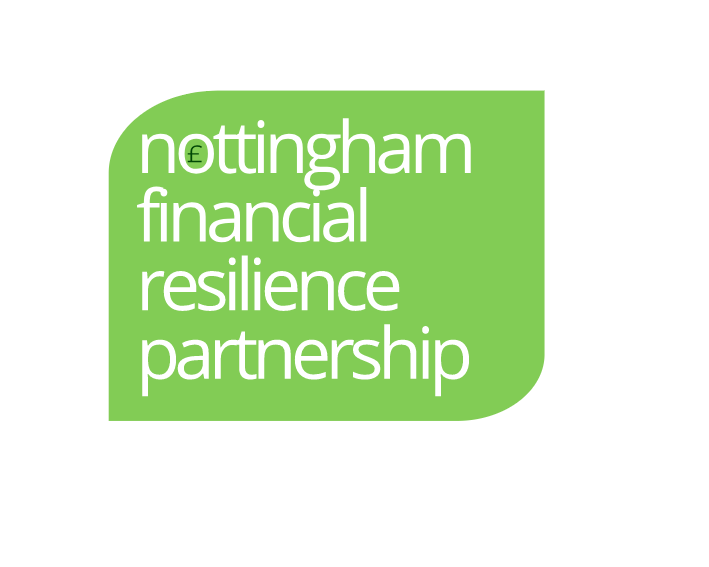
Money Advice in Primary Care
We have live Social Prescribing Advice Link Worker Projects across three Primary Care Networks: BACHS, Nottingham City East, Bulwell & Top Valley. Each PCN has their own money advice worker, employed by a welfare advice service in the city but embedded within the PCN and working through a social prescribing model.
The value of welfare advice in primary care was recognised as far a back as 1985: Jarman, B. (1985) ‘Giving advice about welfare benefits in general practice’. There have been several projects like this across the UK since, with reports showing significant health impacts. So, we are delighted to have this off the ground in Nottingham. The difference being made to the lives of individuals is vast.
One example is below:
This gentleman was extremely socially isolated. He had a long history of substance misuse and PTSD due to childhood trauma. He had an industrial injury meaning he was unable to use his left arm and walked with a stick due to sciatica. He had no trust in services, felt let down by everyone. He was in serious financial difficulty leading to a worsening of his mental health.
The money advice worker (the first person to visit his home in a long time) discovered he had numerous debts, many unopened letters and his welfare benefits had stopped. She subsequently managed to persuade him to leave the house and go to the advice centre, securing him food and fuel vouchers to tide him over while they worked through the emergency situation. She began working on his welfare benefits and debts that resulted in his Personal Independence Payments (PIP) being reinstated, and at a higher rate than it had previously been. He also received £7,700 in backdated payments. Manageable repayments were negotiated with the creditors for the gentleman’s debts. And, once he received his backdated PIP award, he was able to pay off all his priority debts.
Because of the support he received the gentleman reported his mental health improved significantly. At the final meeting, he reported that, ‘a massive weight had been lifted’. He said he’d felt they ‘cared about him as a person’, explaining he would probably have slipped back in to using drugs had he not got the help. He now tries to leave the house every day and is able to buy ‘nice food’ for him and his cat.
As well as the financial gains, we measure wellbeing impact using the ‘MyCaW’ tool. Initially, the gentleman’s self-reported scores were at the highest levels for both their financial concerns and general wellbeing. By the end, their score for financial concerns had reduced to zero, and the general wellbeing score reduced by two-thirds.
If you would like to find out more please contact: : Emma Bates, Lead for Nottingham Financial Resilience Partnership: 01332 460466; emma@financialinclusionsupport.co.uk